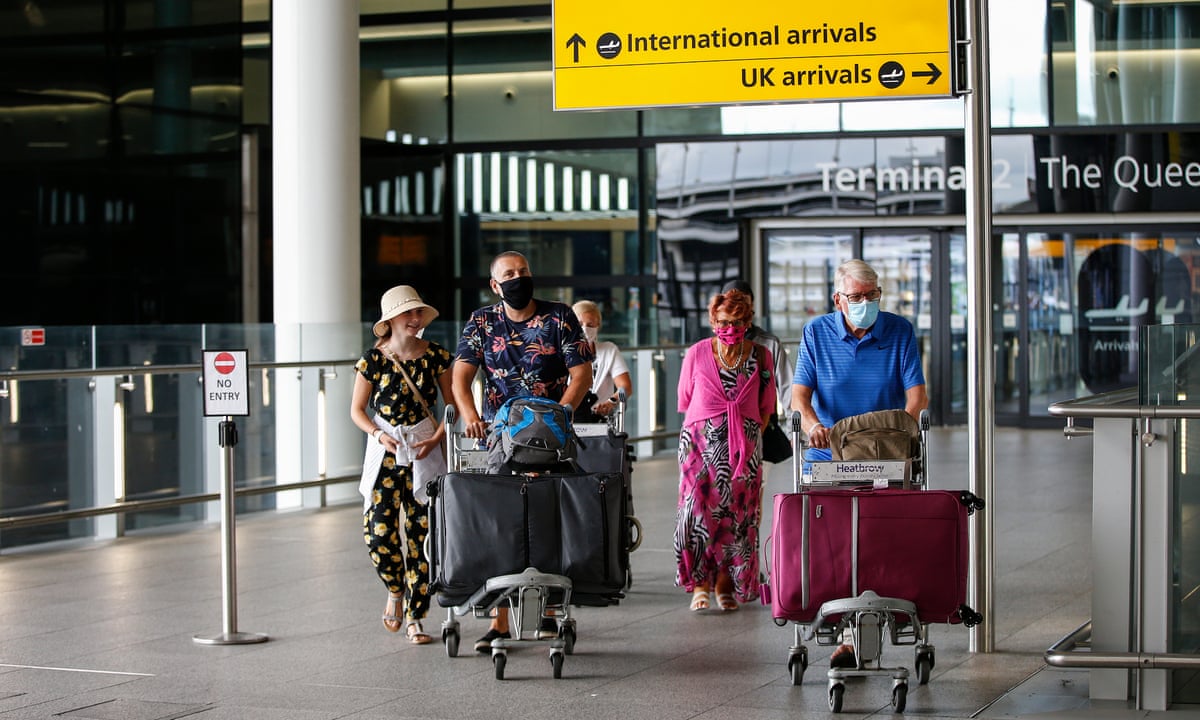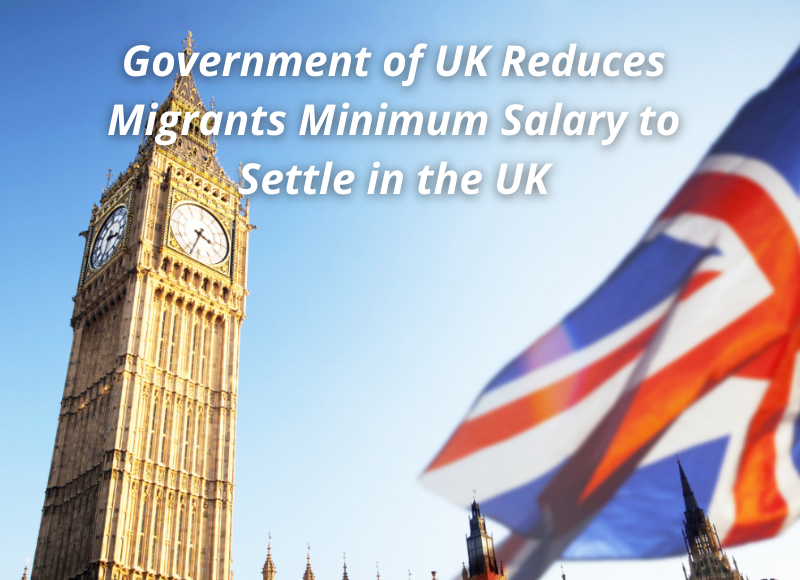Home Office has confirmed that the government has quietly decreased the £35,800 minimum salary for migrants to settle in the UK by almost 30 per cent.
Migrants will also be able to settle after six years and become citizens on wages of £20,480, but with enough points under Boris Johnson’s proposed Australian-style immigration scheme to apply for employment where there is a shortage of jobs.
The laws, which entered into force on 1 December, were released by the Home Office on Thursday, reducing the general threshold to £25,600, as the government tacitly recognised the vital contribution that less paying foreign workers make to the United Kingdom.
Amnesty International UK said that it has been troubling how immigration laws, including wage thresholds, have “long overwhelmed the privilege of people who have already gained from their relative wealth, race and gender.”
Steve Valdez-Symonds, Director of the Refugee and Migrant Rights Program, said: “Unfortunately, this latest development does not seem to signal any recent or clear commitment to promoting equality of opportunity across the United Kingdom’s immigration system or to respecting the human rights and dignity of all women, men and children, irrespective of class or colour.”
However, Migration Watch UK, which is advocating for tighter immigration regulation, said the move would reduce the incentive for employers to train British workers.
Theresa May implemented the GBP 35,800 wage threshold in 2011 when she was Home Secretary as part of the initiative to meet the net migration limitation targets set by David Cameron, which the government has never been able to achieve.
Oxford University’s Migration Observatory, which described a change to the 507-page rulebook, said it was “the final nail in the coffin of the net migration goal.”
Deputy Director Rob McNeill told the Daily Telegraph, “They understand that the bluntest of all the methods used by the government to meet the target of tens of thousands has been thrown into contact.”

Before the 2019 general election in December, Johnson resumed the central message of the 2016 EU referendum campaign on Vote Leave. He said that EU migrants had been able to “treat the United Kingdom as if it were part of their own country” for too long.
He assured that migration would fall within his plans after the United Kingdom left the EU as it tried to cater to undecided Eurosceptic Labor marginal voters.









 International Students Show Less Excitement for the U.S.
International Students Show Less Excitement for the U.S.